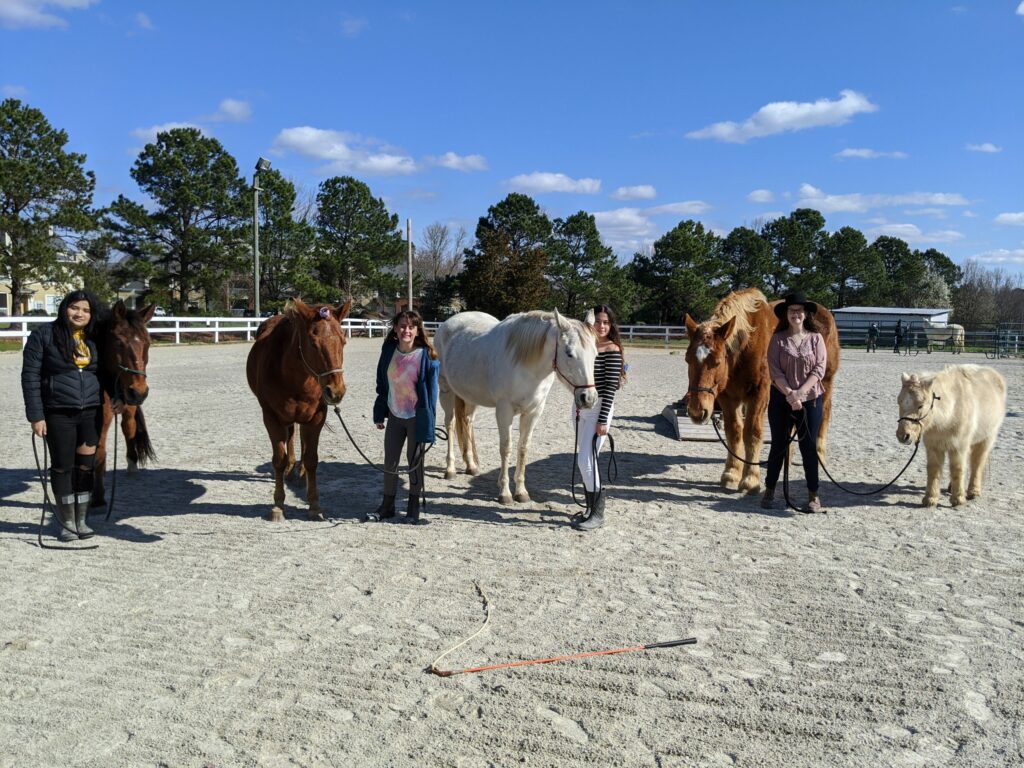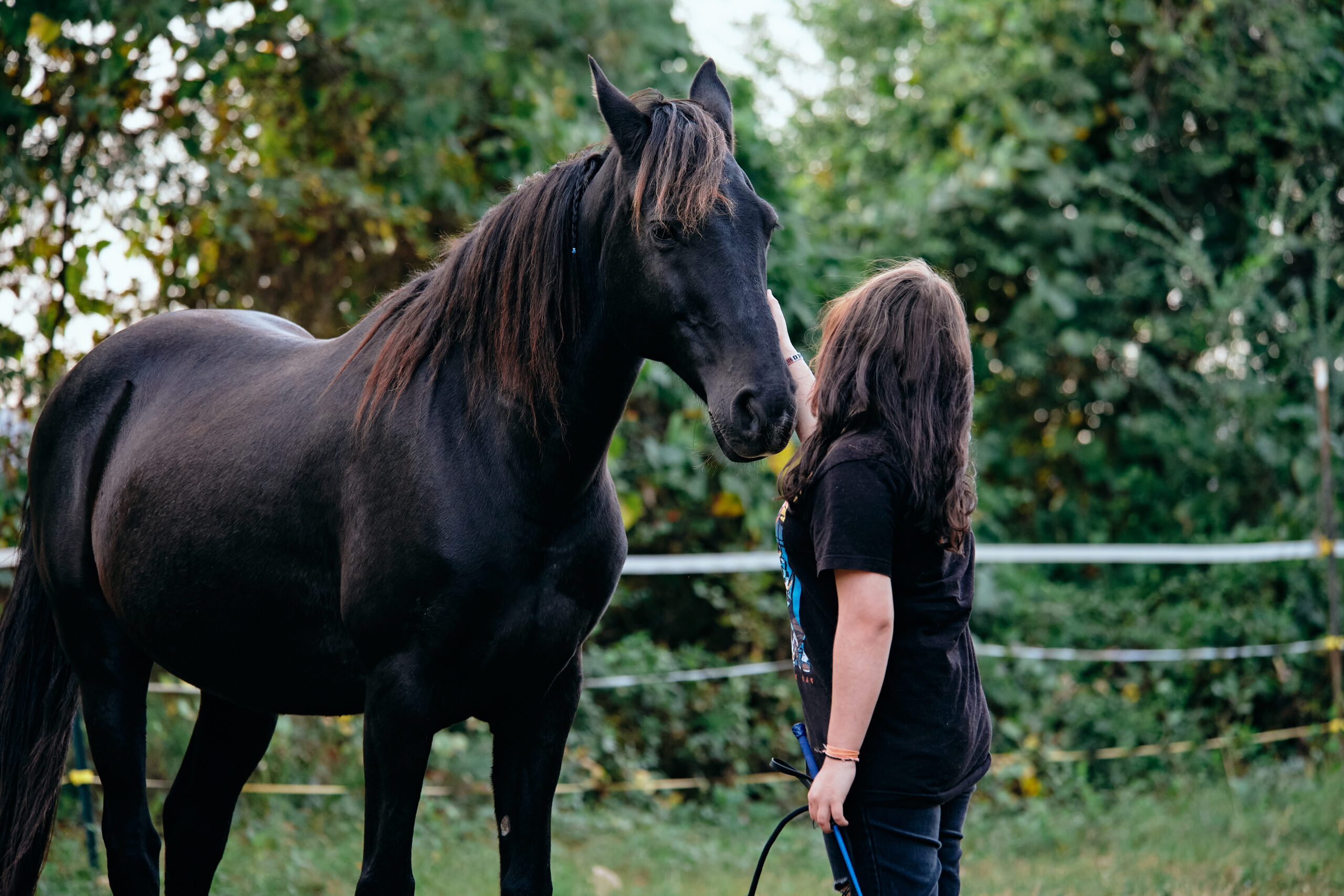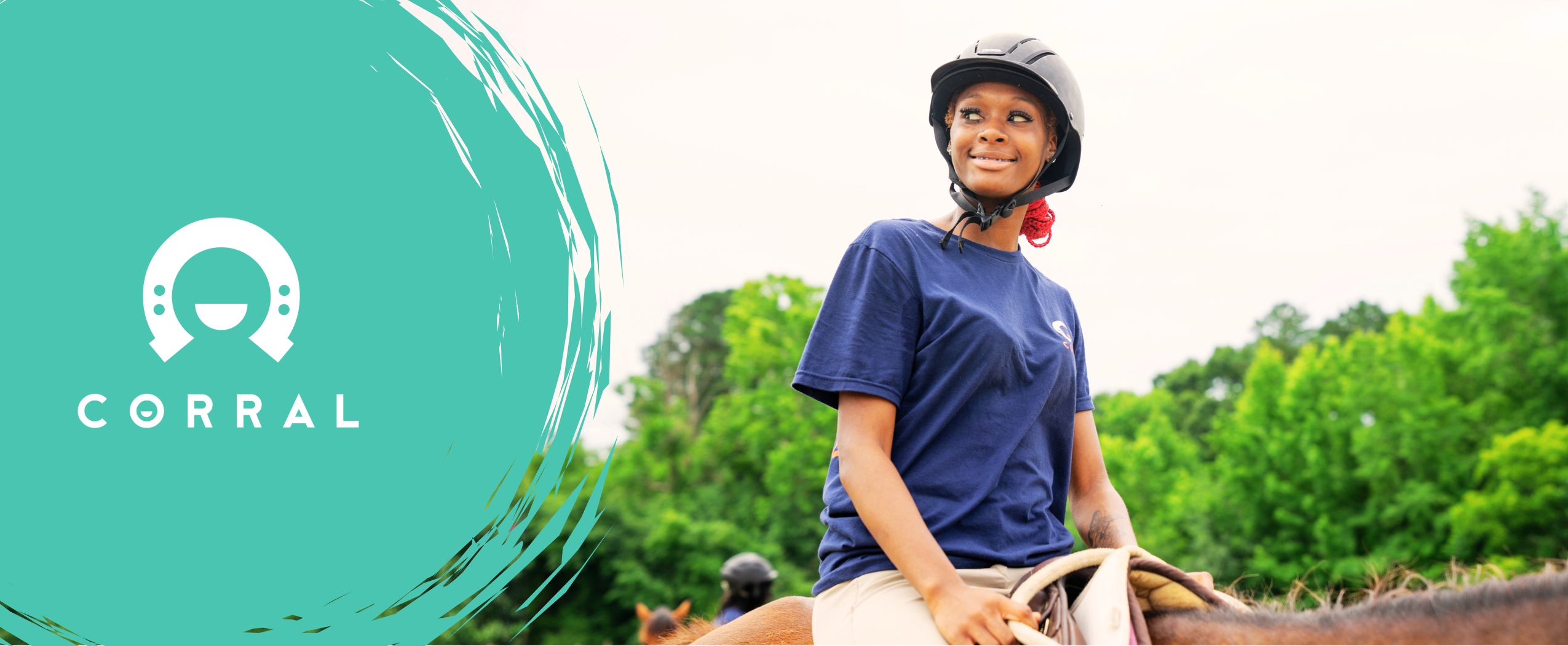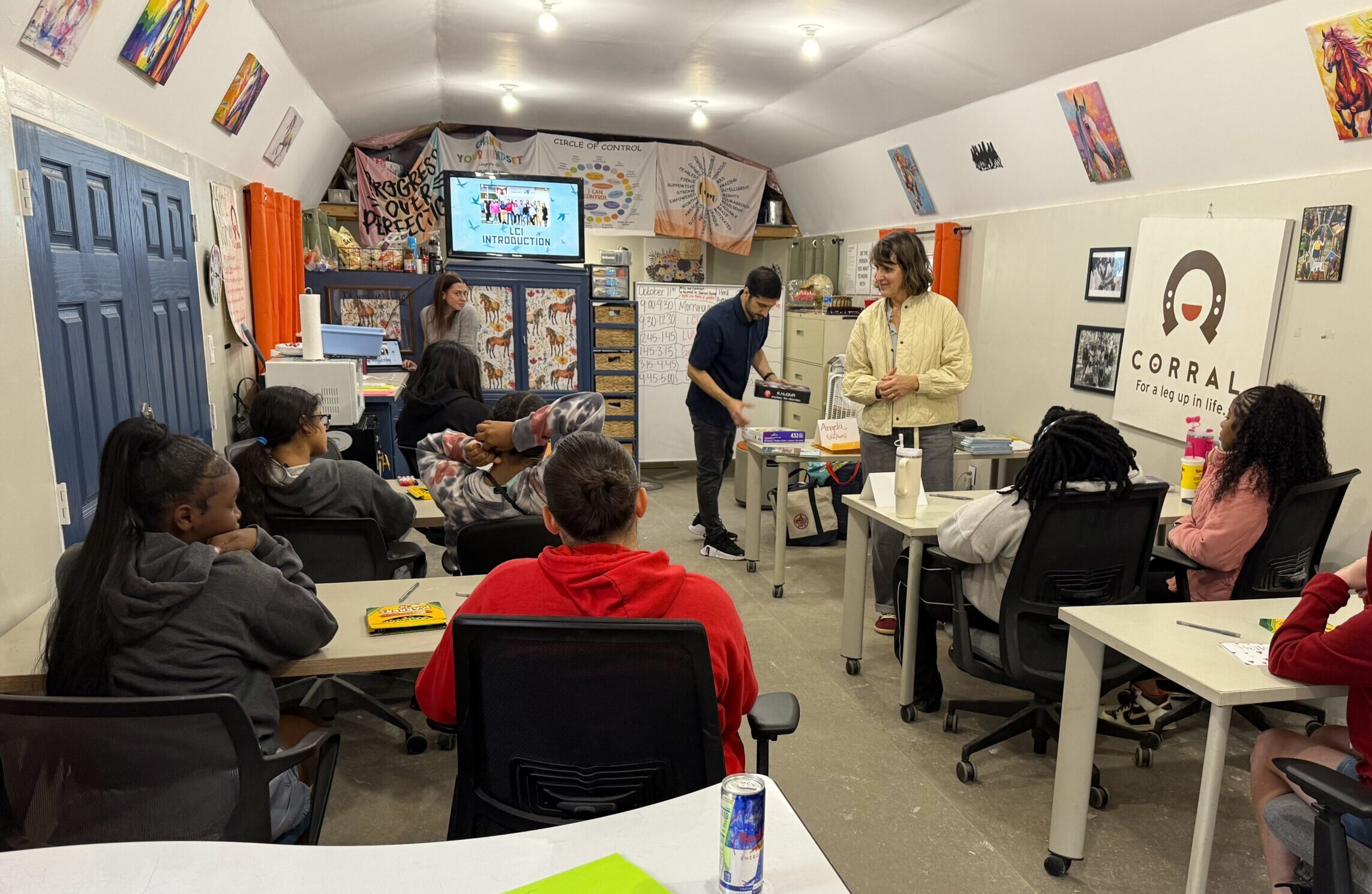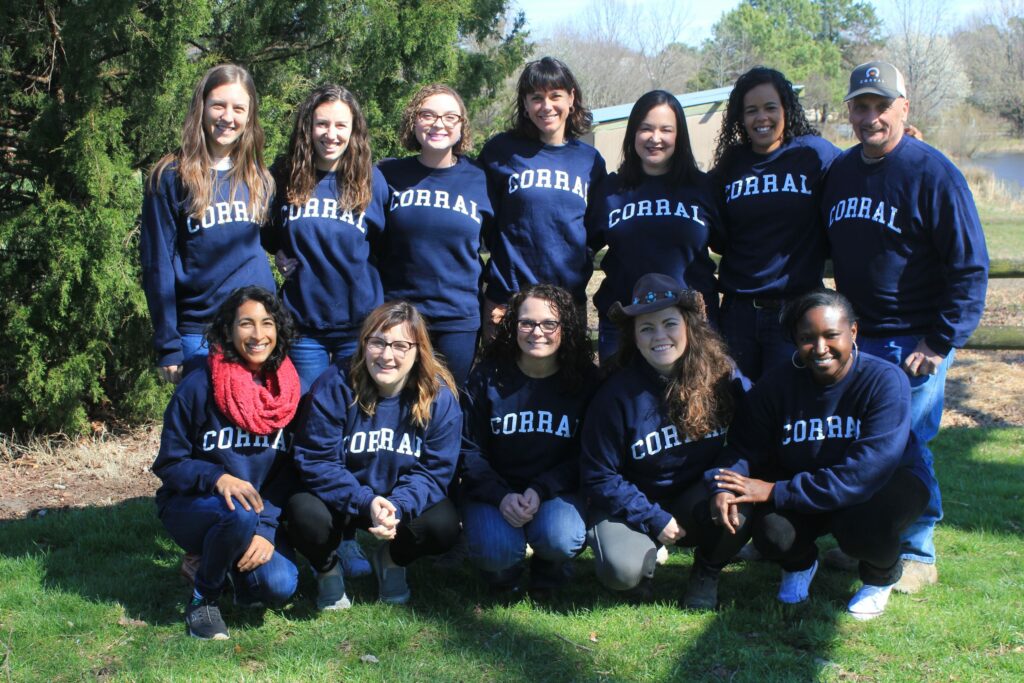We tend to think of resilience as a character trait—something we’re lucky to be born with or unlucky to be born without. However, a growing body of research across numerous fields indicates that resilience is not an inherent trait but a process that can be learned.
CORRAL serves girls in some of the highest-risk situations in our community. To thrive in the face of the intergenerational trauma and systemic marginalization they have experienced requires resilience. As part of our holistic intervention, we use the Communications Resilience Framework to teach our girls the process of resilience, so they can heal and transform their lives.
This framework, developed a decade ago by Patrice Buzzanell, relies on the purposeful use of language and social interactions as tools to cultivate and perpetuate the resilience process. It can be broken down into five elements, which CORRAL addresses in unique ways.
Crafting normalcy
Resilience depends in part on creating a sense of normalcy and consistency despite trauma or upheaval. We craft normalcy for our girls by providing them with consistent expectations, people, and spaces—things that are often lacking in other aspects of their lives. This reliability offers a foundation for forward movement.
Maintaining and using communication networks
Resilience demands the construction and use of social networks. At CORRAL, our girls learn to develop healthy relationships with themselves and others, horses and humans alike. For example, we pair each girl with a rescued horse for equine therapy. Often the girls and their horses share histories of abuse or neglect. Our programming teaches the girls how to earn the trust of their horses and build productive, mutually respectful relationships with them. We model that healthy relationships require boundaries, clear expectations, and assuming the best of each other.
Affirming identity anchors
Resilience requires a sense of identity, both internally and in relation to others. We help foster identities of empowerment in our girls by nurturing their abilities to set and achieve academic and equestrian goals, as well as to form healthy, equitable relationships with horses and humans.
Putting alternative logistics to work
Resilience involves reframing a situation by first accepting it and then finding solutions to work around the negative circumstances. At CORRAL, we teach the girls this process—known as putting alternative logistics to work—through goal orientation. The intentionality of each moment of our programming focuses the girls on reaching their achievement and relationship goals rather than engaging in risky behaviors. Successfully meeting goals shows them that, despite the difficult situations in which they have found themselves, they can defy the odds with focused work.
Legitimizing negative feelings while focusing on positive action
Resilience requires the ability to process trauma and move beyond the harm it has created. Our girls have had adverse childhood experiences that have influenced their lives. We help them to move forward by legitimizing their feelings about negative experiences while encouraging them to work intentionally toward healthier futures.
Our holistic intervention, including the cultivation of resilience, has led to positive outcomes for hundreds of girls over the last 12 years. To date, all CORRAL girls have demonstrated measurable improvement in social and emotional skills after just one year in the program and none have had court complaints while participating in the program. Join our mission – there’s a place for you to help heal and transform lives!

